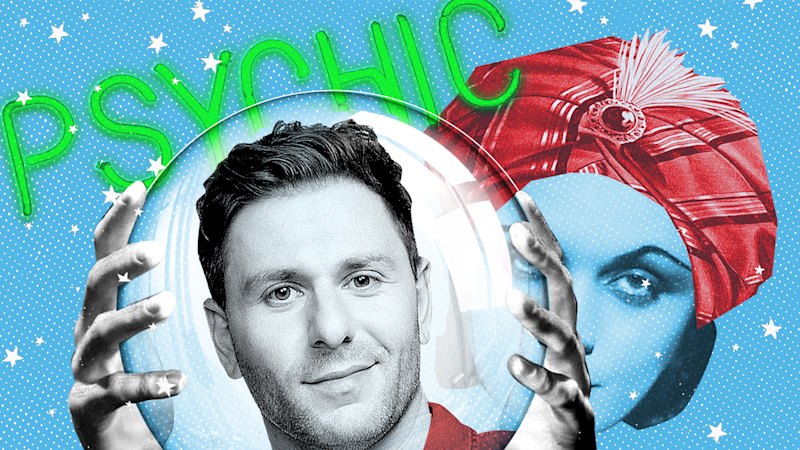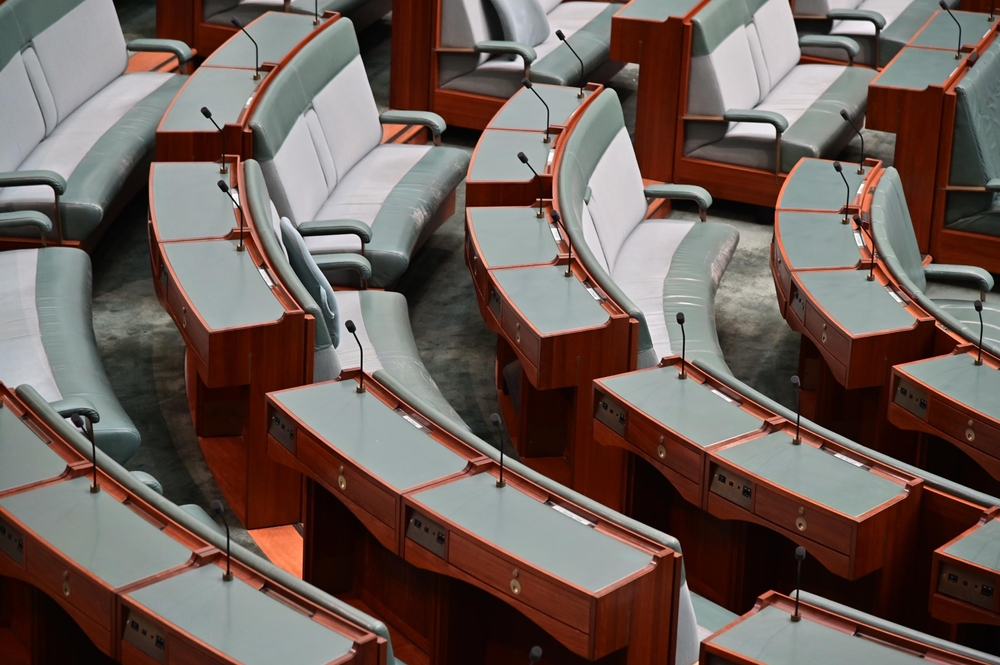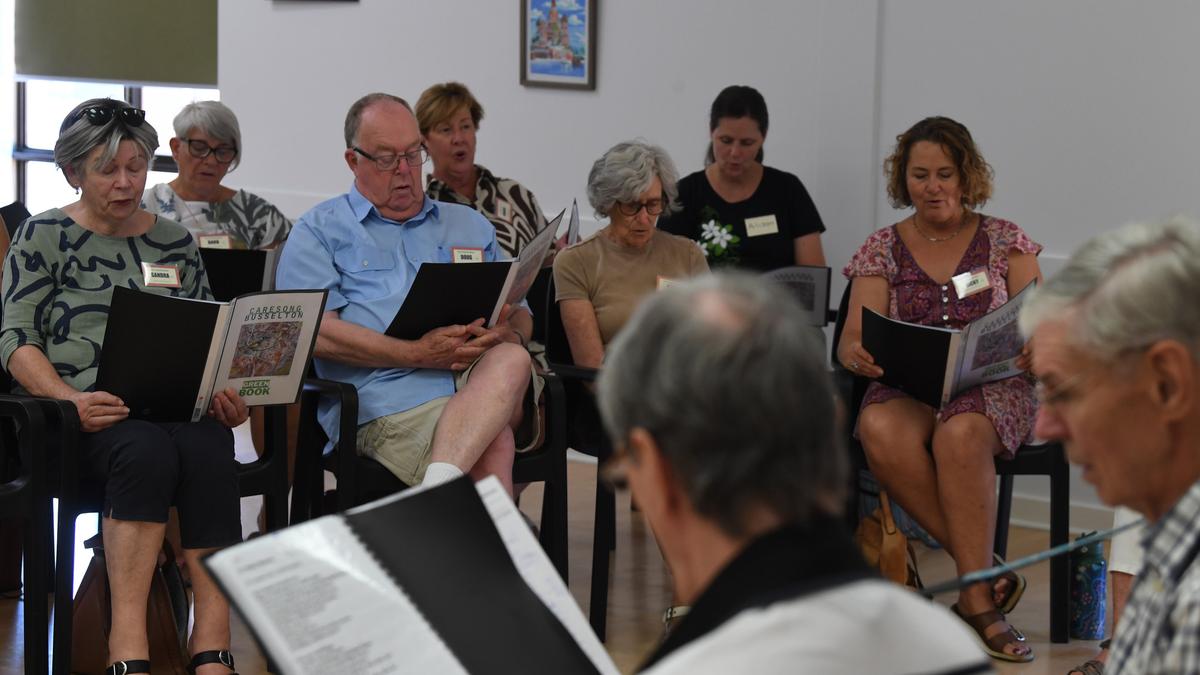
A recent visit to a psychic has sparked a conversation about belief, skepticism, and the growing popularity of spiritual services. Thomas Mitchell, a self-described rational skeptic, decided to experience a psychic reading following a gift from his aunt, who is a firm believer in the abilities of her preferred psychic, referred to as Mary.
Many people, like Mitchell’s aunt, place significant trust in psychics. She frequently encourages others to visit Mary, claiming she is “the real deal.” According to her, Mary’s predictions have often materialized, leading to her enthusiastic endorsements. For instance, when Mary indicated that my aunt’s work life was about to change, a subsequent office move validated the psychic’s insight. Such anecdotes contribute to the belief that psychics can provide genuine insights into the future.
Statistics from McCrindle Research indicate that approximately 27 percent of Australians believe in the supernatural or have had mystical experiences. This widespread belief underscores the lucrative nature of the psychic industry, particularly online. In 2023, the Australian online psychic reading market was valued at around $100 million, with projections suggesting a growth rate of up to 10 percent annually over the next decade.
Despite the allure of psychic predictions, Mitchell’s skepticism remained intact. His early experiences with psychics were shaped by watching television shows featuring celebrity mediums, such as John Edwards, who captivated audiences with emotional claims of connecting with the deceased. These experiences left him questioning the authenticity of such practices, viewing them as a combination of intuition and social cues rather than genuine supernatural insight.
When Mitchell finally attended his session with Mary, he found the atmosphere of the psychic’s office to be deliberately mystical. The decor was filled with candles, crystals, and cushions, designed to create an environment conducive to spiritual exploration. Mary made her entrance with an air of theatricality, immediately setting the tone for the session.
During the reading, Mitchell engaged with tarot cards, from which Mary drew interpretations. She suggested a focus on property, indicating either a recent move, a forthcoming purchase, or a contemplation of housing changes. Given the current housing market challenges in Sydney, such predictions did not seem particularly daring.
Family matters were also discussed, with the first card drawn representing a strong male energy in Mitchell’s life. The description resonated with him, as he identified his father as fitting the bill. However, when the topic of children arose, Mary asked about the gender of his unborn child. When Mitchell refrained from confirming or denying, Mary guessed it would be a girl. In reality, he anticipates a boy, but he opted to agree with her prediction to maintain the session’s positive energy.
Mitchell’s experience highlights the blend of entertainment and genuine belief that often accompanies psychic readings. As the session concluded, Mary attempted to leave him with hopeful predictions about future financial opportunities and new beginnings. Yet, a final tarot card reading produced a card marked with the word “FAILURE,” which Mary attributed to an old deck and dismissed as an error.
The encounter raised questions about the nature of belief in psychics. While many find comfort and guidance in such experiences, others remain skeptical, viewing them as a form of entertainment rather than a reliable means of forecasting the future. In a world filled with uncertainty, the psychic industry continues to thrive, providing solace to those seeking answers, regardless of the validity of the predictions offered.
Ultimately, Mitchell’s venture into the realm of the supernatural served not just as a personal exploration but also as a reflection of broader societal trends. As more individuals seek out psychics for guidance, the conversation surrounding faith, skepticism, and the human desire for foresight remains ever relevant.






